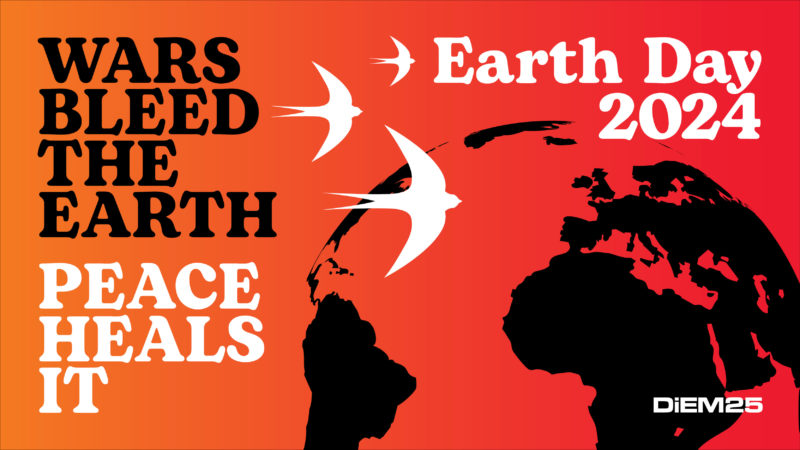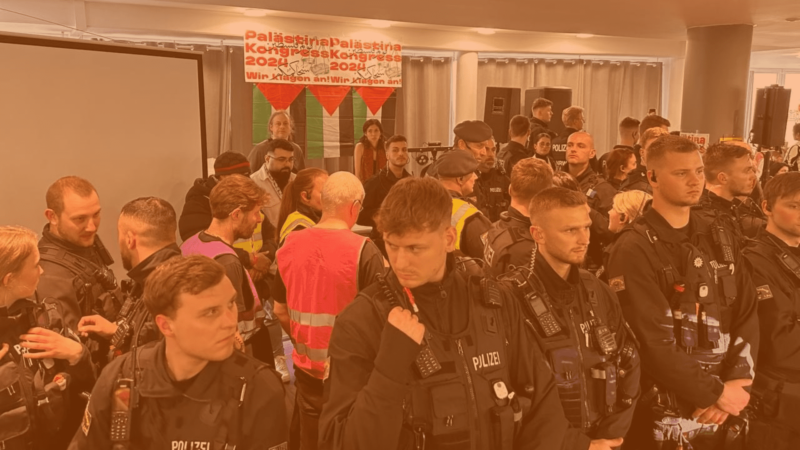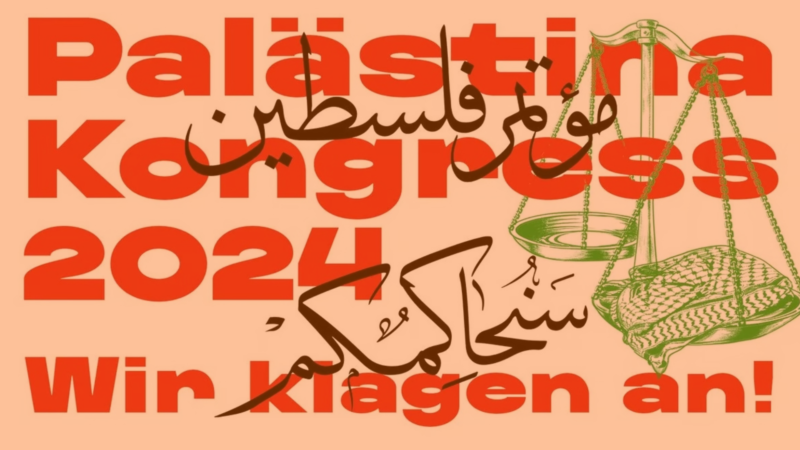For DiEM25 as a pan-European and transnational movement, the emancipatory critique of all nationalisms is a given. It is simply a matter of principle, and therefore beyond discussion.
But that does not mean that we belong to the broad chorus of those who ascribe “mistakes” to all parties in the dramatic crisis of the Spanish state. The central government in Madrid, because it “overreacts”, its armed forces because they act “disproportionately”, and the Catalan government, because it is/was “nationalist” and therefore the main actor responsible for this crisis.
Things are not that simple.
At the heart of the matter, first of all, it is important to note once again the complete and, in this case, infamous failure of the European Commission and the governments of the EU member states. The rejection of the Catalan Government’s request that they play a mediatory role in their conflict with the Spanish State and its police force is only the final confirmation of this failure and infamy. In fact, the Europeanization of the Catalan question could have been the beginning of a progressive response.
The Commission, however, declares the conflict to be an “internal affair” of Spain and thus definitively takes sides with the regime in Madrid. It thus reaffirms the commitment of the governments of the EU member states, which had previously already supported the Spanish State.
The attitude of the Commission and its governments follows the calculation that politics must be reduced to the unconditional securing of one’s own power. Madrid, Brussels, Paris and Berlin also agree among themselves that they will base this calculation primarily on the use of a paramilitarily reinforced police force. With the violent attack on the mass protests against the Hamburg G20 summit, Berlin has once again set the line of march, a violence seconded by Paris when it made the French state of emergency permanent.
From the perspective of over 900 people who have been brutally injured by Rajoys’ uniformed squad groups, the only legitimate judgement on the Spanish situation is summed up in the sentence “Spain is dead“, deployed by the author Albert Sanchéz Piñol in his commentary on these events.
In view of this complicity of the EU and its governments with the police riots and the millionfold robbery of the right to the freedom of political choice and the right to free political expression, we add: “This EU is dead.”
The violence of majoritarian servitude
It is not only the Spanish State, which once again has impressively confirmed its Francoist origins, that calls for our condemnation. And not only the complicity of the EU and its governments to the post-Francoist regime. What also deserves our condemnation in no small part is the subjective loyalty of the Spanish majority to its regime. In this lies the essentially political problem of this crisis, as well as many another crisis, which therefore are the most difficult to solve: the problem of the voluntary servitude of the majority, and the problem of the violence used by these servants against those who no longer want to be servants.
This includes those parts of the Spanish (and not only the Spanish) left, who wanted to criticize the regime in Madrid only to the point where they requested the movement for a referendum to recognize the unity of the Spanish state, and thus to subjugate itself to it. The hypocritical arguments of these left must also be taken to task: the references to the “petty bourgeois” foundation of the movement, the alleged “concealment” of the allegedly only relevant “social question” and, last but not least, their reduction of the Catalan movement to a nationalist movement.
All these arguments are only repeating with regard to the Catalan question, what the Spanish left has already said to the Basque question. They are repeating what the Turkish left said to the Kurdish question, what the French left said to the Corsican question, what the British left said to the Irish and Scottish question, what the Israeli said to the Palestinian question, what the Sinhala left said to the Tamil question. They repeat what the Nobel Peace Prize laureate Aung San Suu Kyi as a defender of the unity of the state of Myanmar said to the slaughter of the Rohingya minority.
In their criticisms of “nationalism”, or, more precisely, of “separatism” and “secessionism” – they all suddenly become advocates for the party of their respective majority society, and thus the party of their state. They become a party par excellence of the state, the party of the unity of the state to be secured at (almost) any price, and consequently a party to the violence used by the state. It doesn’t matter at all if this criticism is based not in national, but in social categories: in both cases, majoritarian decisions are taken. This is what we fundamentally oppose.
For the same reason, the Catalan question for us is not a national question, nor a question of a nation state, but a question of democracy. It poses itself not only in every actually existing, but also in every possible democracy. It is the inevitable self-questioning of every democracy. It stands as long as democracy is constituted by the state, and it is set up as long as democracy is in a majority ratio. It articulates the right of the self-defence of minorities, and it defines this right as a right to separation and secession.
The last step is essential, because the right to self-defence of the minority becomes practical only as a right to separation or secession. The right to separation or secession therefore becomes the essential right also of the minorities in a Catalan, Kurdish, Corsican, Irish, Scottish, Palestinian, Tamil, or Rohingya state, and thus the ultimate proof of democracy.
However, the right to self-defence of the minorities proves itself not only as the right to separation and secession from the majority, nation and state, but also as a right to the transgression of nation and state in favour of a global, practically-speaking a continental, for us a European perspective.
The overcoming of the unity of majority, nation and state, always invariably and without exception, has to be tackled at the same time both in the great and in the small: going the widest distance and to the proximate nearness at one and the same time. This is the cause of the city as cosmopolis, and it is the cause of a federation of cities as a cosmopolitan federation: a federation of individuals. The good part of this is that in the cosmopolitan trajectory path and goal always coincide. Spain is dead, this EU is dead.
Do you want to be informed of DiEM25's actions? Sign up here










